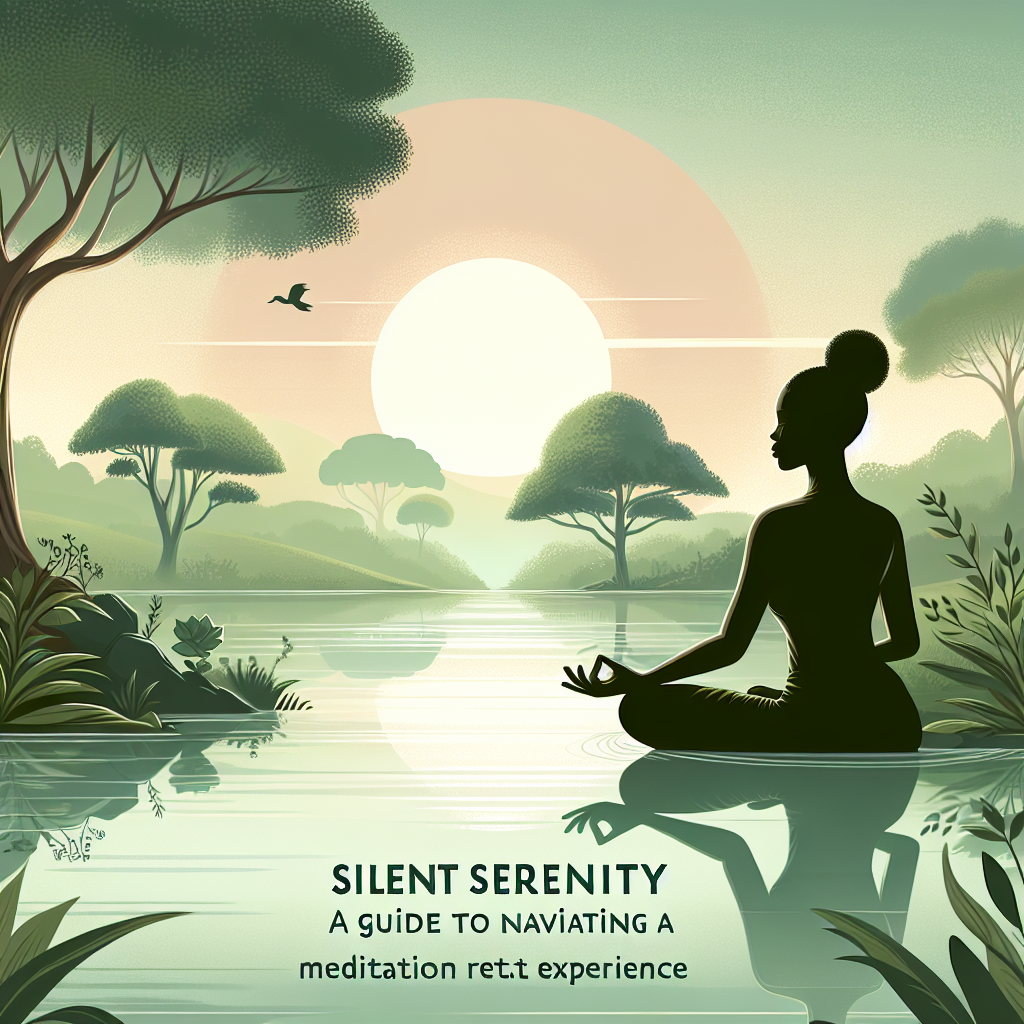As we age, prioritizing our mental and physical well-being becomes increasingly important. Seniors face a multitude of challenges such as decreased mobility, chronic pain, and cognitive decline. meditation has been proven to be a beneficial practice for individuals of all ages, but it can be especially helpful for seniors looking to cultivate inner peace and improve their overall health.
Meditation is a practice that involves focusing the mind and eliminating distractions in order to achieve a state of calm and clarity. It has been utilized for centuries as a tool for reducing stress, improving concentration, and promoting emotional well-being. For seniors, meditation can offer a variety of benefits that can enhance their quality of life.
One of the key advantages of meditation for seniors is its ability to reduce stress and anxiety. As we age, we may be faced with increasingly stressful situations such as health issues, financial concerns, or the loss of loved ones. Meditation provides a space for seniors to quiet their minds and find a sense of peace amidst life’s difficulties. By practicing meditation regularly, seniors can learn to manage their stress levels more effectively and improve their mental health.
Additionally, meditation can help seniors improve their focus and concentration. As we age, cognitive decline may become a concern, impacting our ability to stay mentally sharp and engaged. Meditation has been shown to enhance cognitive function by strengthening the connections in the brain and improving memory and attention span. Seniors who practice meditation may find that they are better able to stay present in the moment and maintain mental clarity.
Furthermore, meditation can have a positive impact on physical health for seniors. Studies have shown that meditation can lower blood pressure, reduce inflammation, and boost the immune system. By practicing meditation regularly, seniors can support their overall health and well-being, leading to a better quality of life in their later years.
There are many different meditation techniques that seniors can explore in order to reap the benefits of this practice. Some popular techniques include mindfulness meditation, focused meditation, loving-kindness meditation, and guided meditation. Seniors can experiment with different techniques to find the one that resonates with them the most and incorporate it into their daily routine.
Mindfulness meditation involves paying attention to the present moment without judgment. Seniors can practice by focusing on their breath, sensations in the body, or sounds in their environment. This technique can help seniors cultivate a sense of calm and presence in their daily lives.
Focused meditation involves concentrating on a single point of focus such as a mantra, visualization, or object. Seniors can practice by repeating a word or phrase, picturing a peaceful scene, or looking at a candle flame. This technique can help seniors improve their concentration and reduce distractions.
Loving-kindness meditation involves sending feelings of love and compassion to oneself and others. Seniors can practice by silently repeating phrases such as “May I be happy, may I be healthy, may I be at peace.” This technique can help seniors cultivate feelings of empathy and connection with themselves and those around them.
Guided meditation involves listening to a recorded meditation led by an instructor. Seniors can find guided meditations online or at local meditation centers. This technique can be especially helpful for beginners who may find it challenging to meditate on their own.
Incorporating meditation into a daily routine can be a valuable practice for seniors looking to improve their overall health and well-being. Seniors can start by dedicating just a few minutes each day to sit quietly and focus on their breath. As they become more comfortable with the practice, they can gradually increase the amount of time spent meditating.
In addition to the physical and mental benefits of meditation, seniors may also find that it can enhance their spiritual well-being. Meditation can provide seniors with a sense of connection to a higher power, a greater purpose, or their inner selves. This spiritual dimension of meditation can offer seniors a sense of peace and guidance as they navigate the challenges of aging.
In conclusion, meditation can be a valuable tool for seniors looking to cultivate inner peace and improve their overall health. By practicing meditation regularly, seniors can reduce stress, improve cognitive function, and support their physical well-being. Seniors can explore different meditation techniques to find the one that resonates with them the most and incorporate it into their daily routine. With commitment and practice, seniors can experience the transformative benefits of meditation in their later years.
FAQs:
1. Can seniors with physical limitations still practice meditation?
Yes, seniors with physical limitations can still practice meditation. There are many seated meditation techniques that can be adapted for individuals with mobility issues. Seniors can practice meditation in a chair, on a cushion, or lying down depending on their comfort level.
2. How long does it take to see the benefits of meditation?
The benefits of meditation can vary from person to person. Some seniors may start to notice improvements in their mental and physical well-being after just a few weeks of regular practice. However, it may take longer for others to experience the full benefits of meditation. Consistency is key in seeing results.
3. Can meditation help with insomnia?
Yes, meditation can be an effective tool for seniors struggling with insomnia. By practicing relaxation techniques and calming the mind before bed, seniors can improve their sleep quality and duration. Mindfulness meditation, in particular, has been shown to be beneficial for individuals with sleep difficulties.
4. How often should seniors practice meditation?
Seniors can benefit from practicing meditation daily for at least 10-20 minutes. Consistency is important in establishing a meditation practice and experiencing its full benefits. However, seniors can adjust the frequency and duration of their practice based on their individual needs and preferences.




Leave A Comment